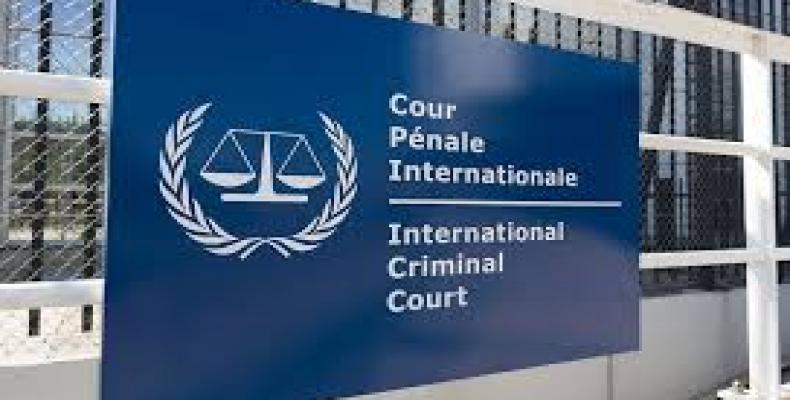
United Nations, November 3 (RHC)-- Seventy-two countries at the United Nations on Monday offered their “unwavering support” for the International Criminal Court (ICC) after Washington imposed sanctions on two of the court’s key officials.
“We reconfirm our unwavering support for the Court as an independent and impartial judicial Institution,” read a joint declaration signed by countries that included Australia, Canada, the United Kingdom and France, the United States’ traditional allies.
The signatories, all from countries that signed the Rome Statute that established the ICC in 2002, vowed “to preserve its integrity and independence undeterred by any measures or threats against the Court, its officials and those cooperating with it”.
Washington has refused to recognise the ICC, which is based in The Hague and was founded to try cases of genocide, war crimes and crimes against humanity.
On September 2, the administration of US President Donald Trump took the unprecedented step of sanctioning chief ICC prosecutor Fatou Bensouda, along with another senior ICC official, Phakiso Mochochoko. The two are investigating alleged war crimes involving US troops in Afghanistan.
The joint declaration said sanctions were “a tool to be used against those responsible for the most serious crimes, not against those seeking justice” and added that “any attempt to undermine the independence of the Court should not be tolerated.”
The joint statement “marks a stark rebuttal of Washington’s unprecedented use of sanctions seeking to undermine the work of the ICC,” said Richard Dicker, the director of the International Justice Program at Human Rights Watch.
The ICC opened a war crimes investigation into US military personnel in Afghanistan earlier this year. Washington’s ambassador to the UN, Richard Mills, said that the U.S. reiterated its “continuing, longstanding, principled objection to any attempt to assert ICC jurisdiction over nationals of states that are not parties to the Rome Statute, including the United States and Israel, absent a UN Security Council referral or the consent of such a state.”

